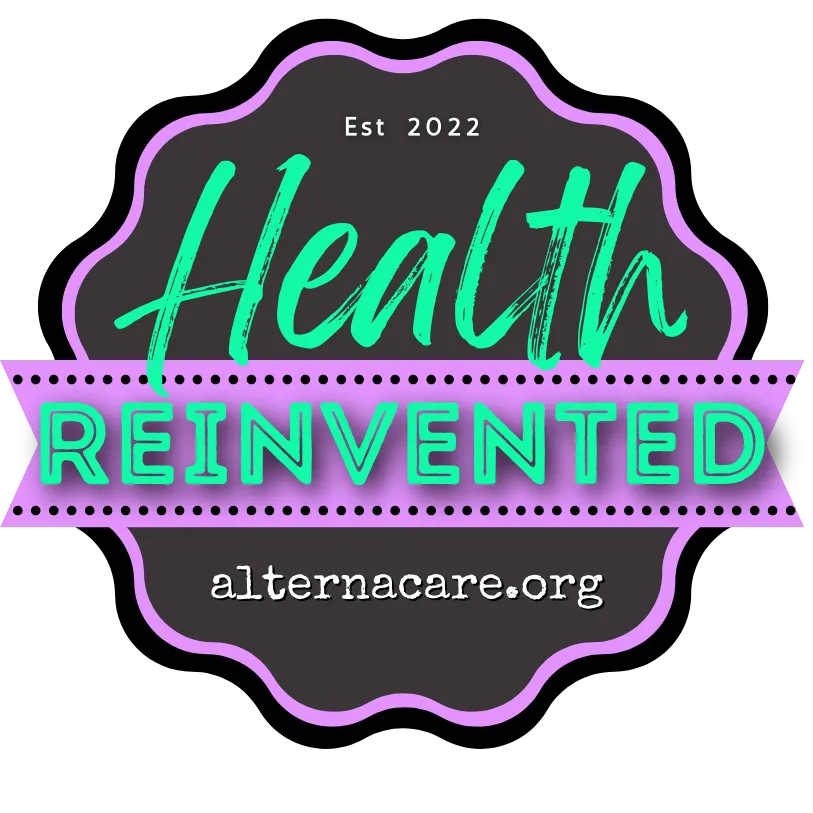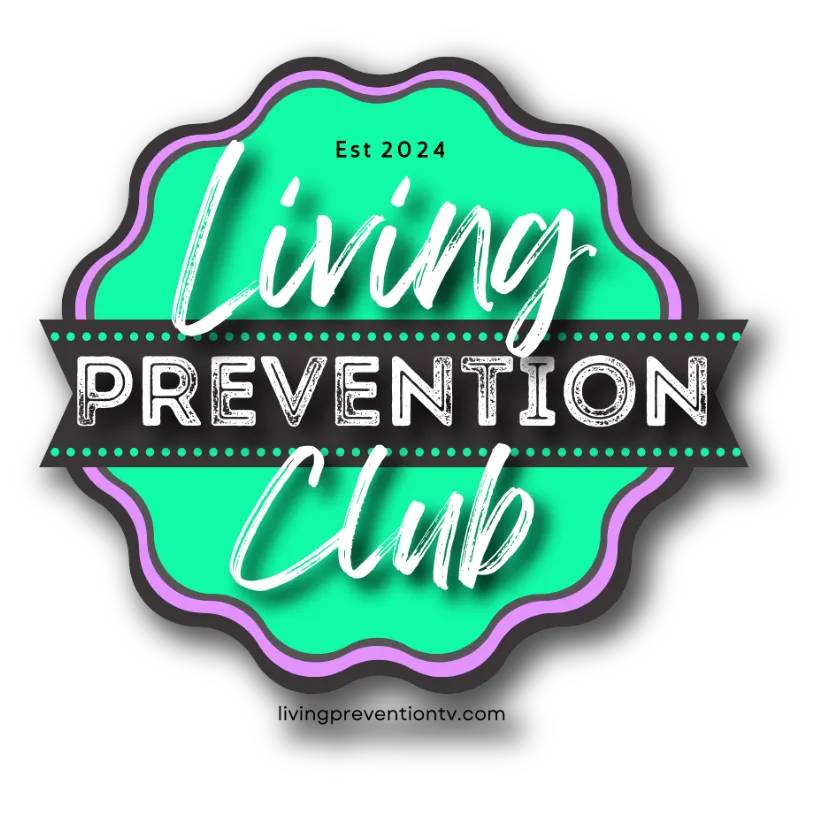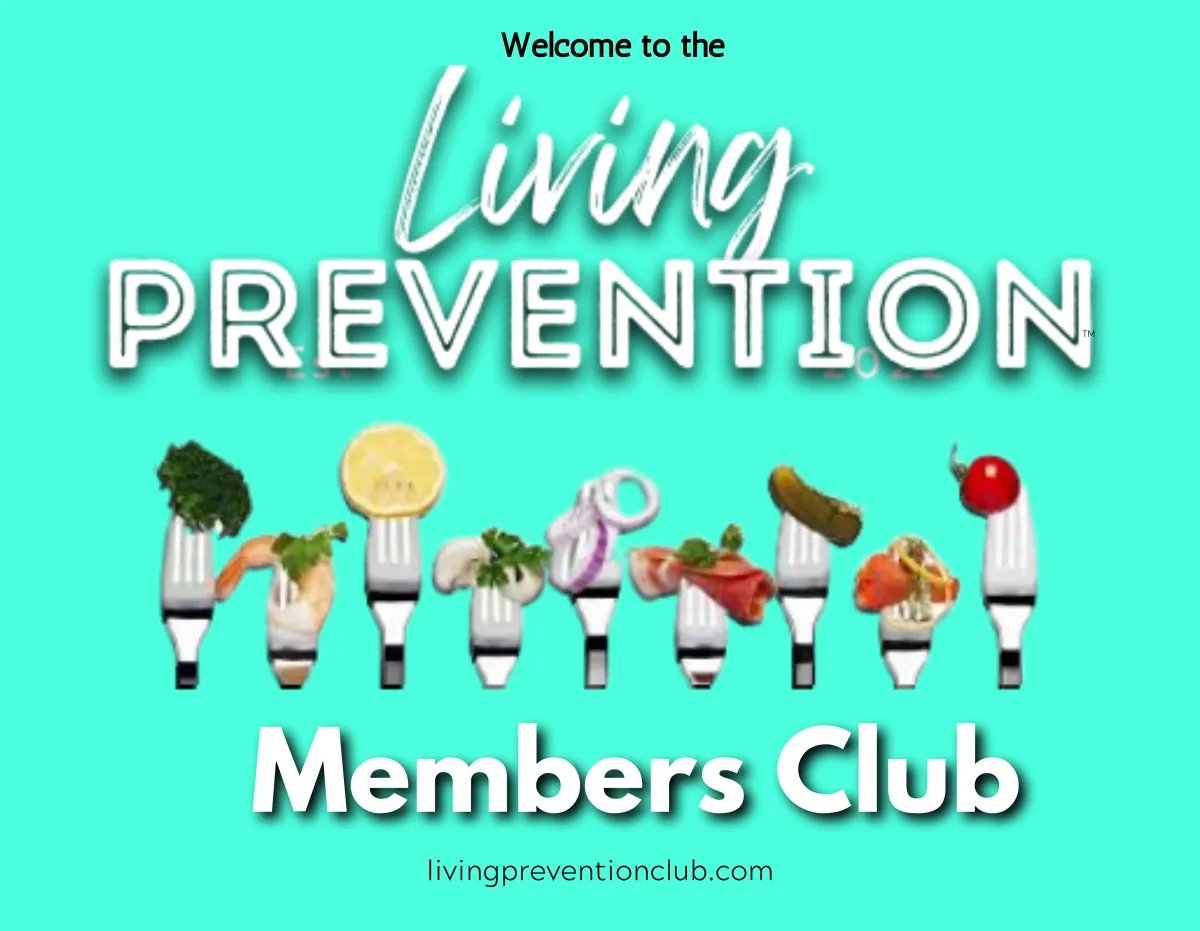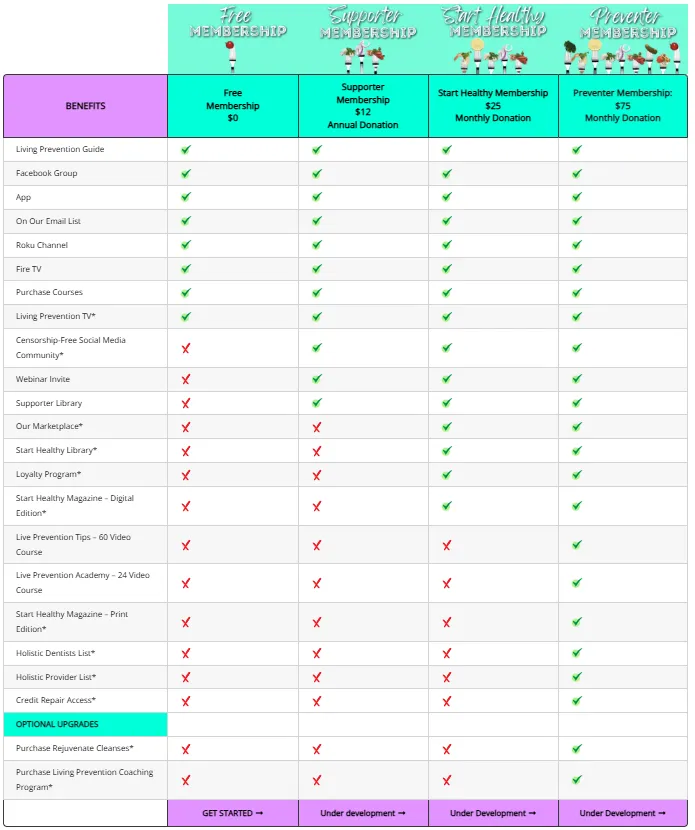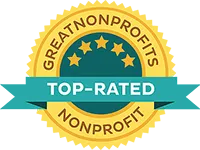Prevention or Prescription?
The Health Choice We All Face
If you're fed up with health problems and don't see lifetime prescriptions as the answer.
Welcome to AlternaCare, where people-first solutions for better health are found!
Prevention or Prescription?
The Health Choice We All Face
If you're fed up with health problems and don't see lifetime prescriptions as the answer.
Welcome to AlternaCare, where people-first solutions for better health are found!
Are You Fed Up with the "Healthcare System"?
Is being on lifetime prescriptions not what you want for healthcare? Is living in confusion about health something you want to end? Are you tired of being gaslighted over health issues?
If yes, we agree, it's time for a change.
At AlternaCare, our mission is to Reinvent Health by creating a real health alternative. Through our "Prevention Prescription" membership, change for better health starts!
Watch the 2-Minute Video
"Good health results when daily decisions align with preventive living."
- Kari Samson
AlternaCare CEO
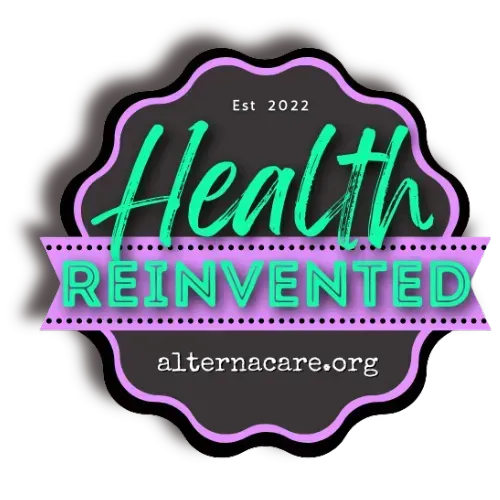
Is Living a Healthy Life Your Goal?...
If you want optimal health but see the conventional healthcare system (medicine, insurance, pharma ) not aligned, you’re not alone.
Millions see “healthcare” as a system exploiting people as it profits from treatments, not cures. This truth is seen in U.S. Senate hearings on the “Corruption of Science.”
So What's the Answer?
You want health answers — you deserve them.
You want health honesty — you deserve nothing less.
You want health results — it’s time to live them.
You’re losing trust in the "healthcare" system - we agree.
Listen to this Podcast
You're Ready for Optimal Health & Wellness Results...
Empowering people who want health answers is why we built the Living Prevention Members Club. The "Prevention Prescription" is key to being a health success story!
Click Here to Find Out More...
Prefer to Learn by Webinar?
If You Want Answers - NOT Prescriptions...
The Living Prevention
Members Club
In a groundbreaking membership for people who want wellness without:
- Astronomical Costs
- Lifetime Prescriptions
- Prescription Side Effects
- Health Confusion
The Living Prevention Members Club is designed for health clarity and success. Our healthy living membership supports people ready for health results!
AlternaCare Facts....
10+
years in development
10,000+
hours of research
1,000,000
member goal
"A prevention-lifestyle ends the need for lifestyle-caused prescriptions.
This is how to get control of our health, and away from big pharma."
KariE. Samson,
AlternaCare CEO
At AlternaCare, we've invested over a decade researching and sorting health truths from health propaganda.
Our mission is to empower members with health clarity to achieve optimal health results.
Our focus is on:
Preventions NOT Prescriptions....
Clarity NOT Confusion....
Facts NOT Fraud....
The Living Prevention Members Club delivers:
Access to Life-Changing Education:
Our go-at-your-own-pace self-guided memberships simplify health by using daily vocabulary.
Unbiased Insights:
Ensuring you have truths to achieve wellness means filtering health facts from health propaganda.
Supportive Community:
As a Private Membership Association, we are a safe space by providing connection, free speech, education, healing, coaching, and support for living optimally.
Membership Options:
With four membership options, we meet you where you are financially, leaving no one out.
Fast Track Results Coaching:
Members can fast-track results to improved health through Preventer Membership & Coaching for maximum results in minimum time. Click HERE.
Our Principles

Empowering
People
Ensuring members know how to achieve health results, the Living Prevention Members Club is a people-focused community for optimal wellness.

Community & Connection
As a Private Membership Association, (PMA) we support free speech and have zero tolerance for trolls.

Membership
Options
With four membership options, we meet members where they are financially, leaving no one out because of a lack of funds.
Join the Living Prevention Members Club
and Live the "Prevention Prescription" Lifestyle!
The Living Prevention Members Club is built on:
Preventions NOT Prescriptions....
Health Clarity Replacing Health Confusion....
Preventions Replacing Lifetime Prescriptions....
And much more!
The Living Prevention Members Club delivers:
Life-Changing Education:
Our 'go-at-your-own-pace' platform simplifies health by using everyday English. Empowering members instead of intimidating them, is what you'll find.
Unbiased Insights:
Ensuring truth about health and healing are the basis of learning includes, unlearning propaganda and deceptions promoted in the healthcare system. This makes membership, a life-changing experience for health truth.
The Power of Community & Connection:
As a Private Membership Association (PMA), we provide a safe space for connection. We support respectful free speech, and share life-changing health education for optimal health results.
Membership Options:
With four membership options, Free, Supporter, Start Healthy, Preventer, we meet members where you are financially, leaving no one out because of a financial situation.
Fast Track Results Coaching:
Members who want to fast-track their results, choose Preventer Membership with Coaching for maximum results in minimum time.
For Self-Guided Membership - Click Here
For Membership with Coaching - Click Here
The Living Prevention
Members Club Benefits Include:
Simplified, researched, and vetted content
Health and wellness know-how
End health confusion - find answers
Private membership protecting free speech
A supportive, like-minded community
Healthy living built on a prevention-first lifestyle
Prevention guidance and wellness clarity
Member support; self-guided to private coaching
Learn in print, video, and audio formats
Supportive connection as members connect
Find answers - get clarity - live results
Prevention education for optimal wellness
And still more!
Check Out Our Reviews
If You Want Results...Join Us to
Be the Change You Want to See!
Improved health starts with learning to live a healthy lifestyle. The Living Prevention
Members Club empowers you through learning to be a health success story!
Ready to Take Action?
Do you want to be a Living Prevention success story? The Living Prevention Members Club has what you need to improve your health - it starts with improving your health and prevention know-how.
Now is Your Chance to Join Us
Enrollment in the Living Prevention Members Club is available for a limited time. Don't miss your chance to join us by being a member-donor, today!
Phase 1: 2026 Health Reinvented - The "Prevention Prescription" is the foundation of the Living Prevention Members Club. Living empowered with living prevention-first know-how is how change starts.
Phase 2: 2027 Healthcare Reinvented - Empowering members with technology to resolve many root causes of health issues, ends 'whack-a-mole' medicine. This member-exclusive upgrade option is built on Living Prevention Preventer Membership.
Phase 3: 2028 Health Insurance Reinvented - Combining Phases 1 & 2 with our cost share, is a community sharing platform for large health cost management. An upgrade option built on holistic primary care with allopathic medicine for emergency care completes the ecosystem of wellness.
AlternaCare Donations
Make a REAL Difference!
Donations to AlternaCare ensure we have the financial resources to develop more historic holistic innovations for people and companies ready for real change!
AlternaCare Corporate Donors Help Us - Help All of Us!
Get in touch with us
AlternaCare & Living Prevention are federally registered trademarks, protected and enforceable by law. Any unauthorized use is expressly prohibited and all legal means of protection will be used to protect the integrity of our TM.
+Donations are Tax-Deductible and Non-Refundable
Disclaimer: This website is not a substitute for professional medical advice. There may be risks for some people in reducing/ending prescription use. Always consult a health professional when discontinuing certain medications. The AlternaCare Foundation, its officers, volunteers, and staff are exempt from liability. You assume all risk when making decisions according to your free will in health matters. This site, company, and representatives assume no liability in your personal choices.
Let's Connect!
See our portfolio of websites,
LivingPreventionClub.com
LivingPreventionTV.com
CellibrateWellness.com
KariSamson.com
Copyright © 2025 AlternaCare Foundation, All Rights Reserved
